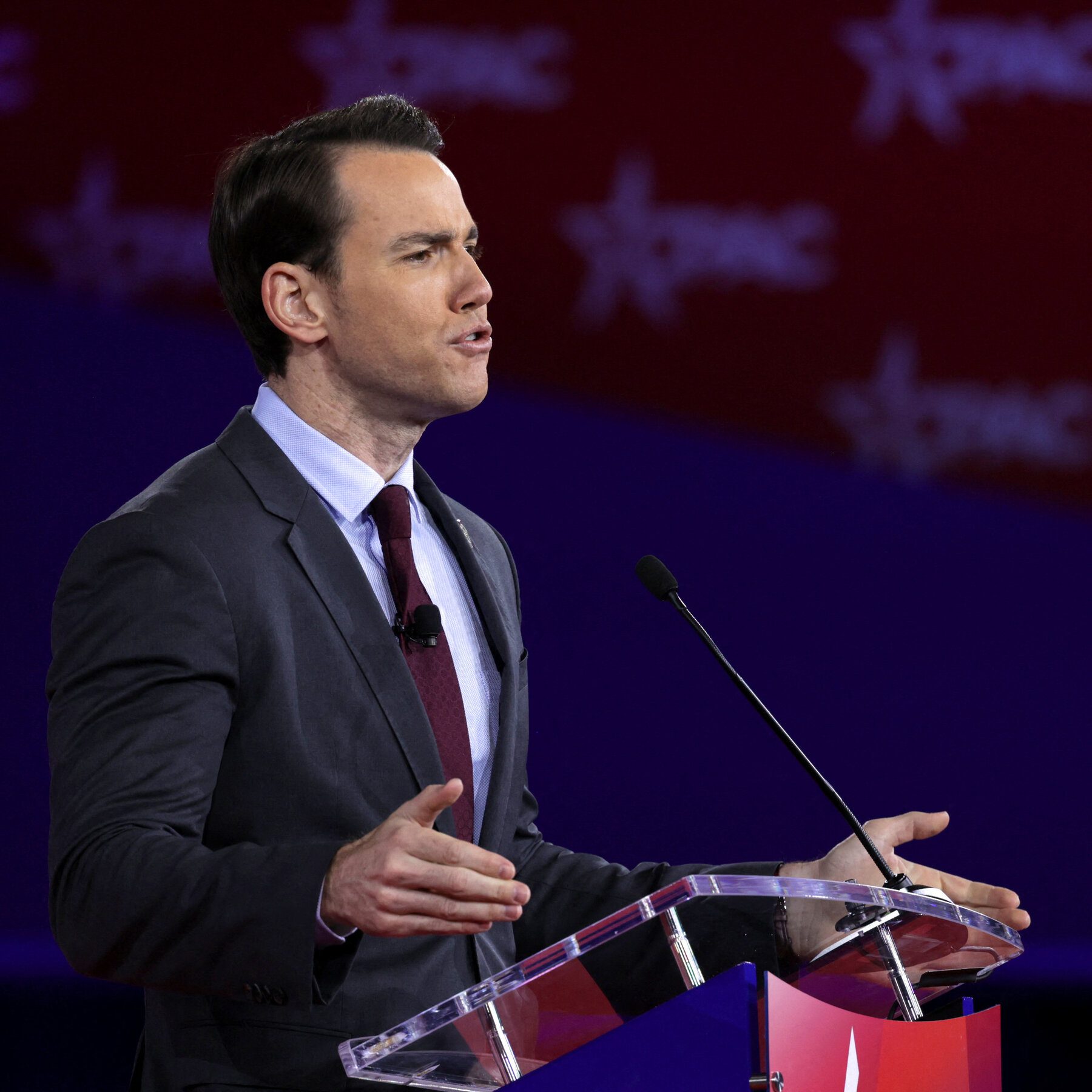Op-Ed: Rep. Kevin Kiley and Isabel Soto: The future of work is flexible

May 2, 2025
The American labor force and its success is possible in large part due to the enduring American entrepreneurial spirit and belief that an individual can flourish by his or her efforts, work, and unique talents.
This is particularly evident now, with the continued increase in independent work, a model of work that exists outside the traditional employer-employee relationship. Independent work, also known as self-employment, independent contracting, or freelancing, allows individuals to work how and when they desire. This type of engagement with the labor market, however, is constantly stifled and challenged by an outdated regulatory system.
That’s why introducing the Modern Worker Empowerment Act (H.R. 1319) and the Modern Worker Security Act (H.R. 1320) are such important steps. These two bills seek to modernize outdated labor laws, clarify worker classification, and remove legal challenges and reclassification risk if portable benefits models are provided to independent workers.
The need for legislation that provides legal clarity and flexibility for workers is urgent. The Biden administration in March of 2024 finalized a Department of Labor rule that replaces a straightforward test with a vague, six-factor framework, giving regulators broad discretion to reclassify independent contractors as employees. While the intent may be to protect workers, the actual effect is to threaten the livelihoods of millions who rely on flexible work to support themselves and their families.
By 2027, an estimated 86 million Americans will be engaged in independent work. These individuals choose this path not because they’re forced to but because it offers autonomy, supplemental income, and the ability to shape a work life that fits their needs. For caregivers, people with disabilities, seniors, and parents of young children, independent work often provides the only viable way to stay attached to the labor force.
Communities of color, in particular, see gains and increased flexibility through engagement in independent work. Roughly 50 percent of Hispanics, 40 percent of Black Americans, and 35 percent of Asian Americans participate in independent work. It’s no surprise that organizations like the U.S. Hispanic Chamber of Commerce, the Black Chamber of Commerce, and Asian American groups have voiced strong opposition to state-level and federal efforts that restrict this model.
These bills directly address the two most significant challenges independent workers face — lack of legal clarity regarding classification criteria and limited access to benefits.
The Modern Worker Empowerment Act brings consistency and certainty to how independent contractors are defined across federal laws, while the Modern Worker Security Act creates a safe harbor so that hiring entities can offer a portable benefit option without triggering reclassification.
These changes would not only protect worker freedom but also promote innovation in how benefits are delivered. One of the most promising developments in the independent work economy is the rise of portable benefits that follow workers across jobs and contracts. The current system discourages businesses from offering these benefits, leaving many independent workers without a safety net.
Access to care is a particular concern. Independent workers often struggle to find affordable health coverage because the traditional hiring entity sponsored benefit model is not an option without risking reclassification.
Expanding access to benefits also means access to innovative and effective options in the health care space. Health Savings Accounts (HSAs), for example, are one meaningful way to address this. HSAs offer tax advantages and flexibility, but the rules around eligibility keep them entirely out of reach for the self-employed. Reforming rules around worker classification and access to benefits would allow broader participation, higher contributions, and pre-tax savings regardless of worker classification. This effort would help more Americans plan and pay for health care on their own terms.
Independent work is not a loophole to be closed — it is a modern labor model that millions actively choose and overwhelmingly prefer. It enables individuals to develop careers that align with their talents, interests, and personal circumstances. Attempts to force independent workers into traditional employment relationships do not “protect” them — they strip away autonomy and reduce opportunity.
At its core, the issue of independent work centers on the freedom for individuals to work as they choose, to support their families on their own terms, and to participate in the economy without being held back by outdated, stifling regulations. The Modern Worker Empowerment Act and The Modern Worker Security Act offer a commonsense alternative that safeguards this freedom.
Congress must embrace policies that remove barriers to the modern labor market, not stifle the individual who wants to work. As the economy evolves, labor laws should support worker choice, economic participation, and innovation. These bills are a critical step forward and deserve broad bipartisan support.
Rep. Kevin Kiley represents California’s 3rd District and serves on the House Education and Workforce Committee. Isabel Soto is policy director at The LIBRE Initiative.
Originally posted in the Washington Reporter.



